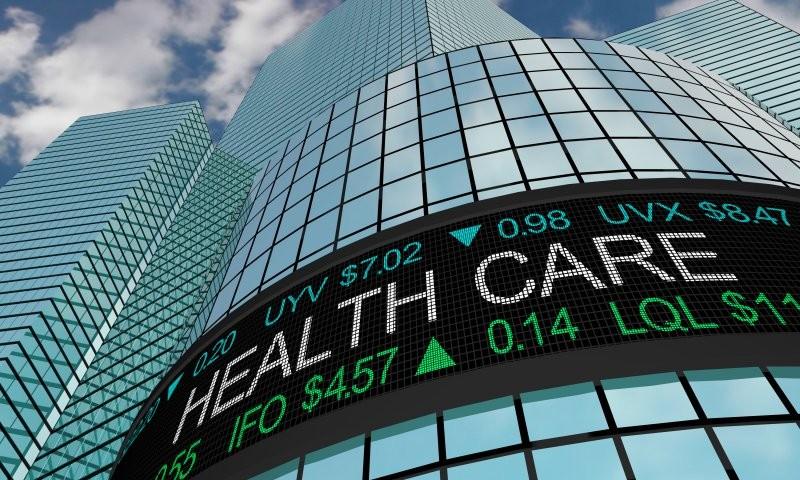Defensive companies (defensive stock) refer to companies whose sales and profits are less sensitive to business cycles and economic conditions. When real GDP falls, their profits will decrease slightly compared to cyclical companies. However, their profits will not increase significantly when the economy is expanding. Examples are food and utility companies.
Deeper into defensive companies
For companies, demand for their products is constant, meaning their revenues tend to remain stable during various phases of the business cycle. Dividends from them are usually also relatively regular compared to cyclical companies regardless of the state of the overall stock market.
Defensive companies’ earnings growth performance tends to outperform the broader market during recessions. In contrast, during expansion phases, their performance tends to be below market. This is attributed to demand for their products not growing high during expansions and not falling during recessions.
Example of a defensive company
The company’s performance is not highly correlated with the business cycle. The following are several industries that fall into this category:
- Health industry. Pharmaceutical companies and hospitals have historically been considered defensive companies, as there will always be sick people who need care. But increasing competition from new branded and generic drugs, and uncertainty around drug pricing regulations, posed challenges to performance.
- Utility sector. This sector can cover various subsectors including, electricity, water and gas. Everyone needs electricity, water and gas services for daily activities.
- Producer of basic necessities. They include food, beverages, hygiene products, and tobacco. These companies generate stable cash flows and predictable earnings during strong and weak economies.
Defensive company shares
Investors usually collect defensive stocks to reduce the risk due to a weakening economy. Stocks like Unilever are considered defensive because apart from having strong cash flows, they also have strong operations to deal with weakening economic conditions. They also pay dividends, which can have a dampening effect on share prices during market downturns.

